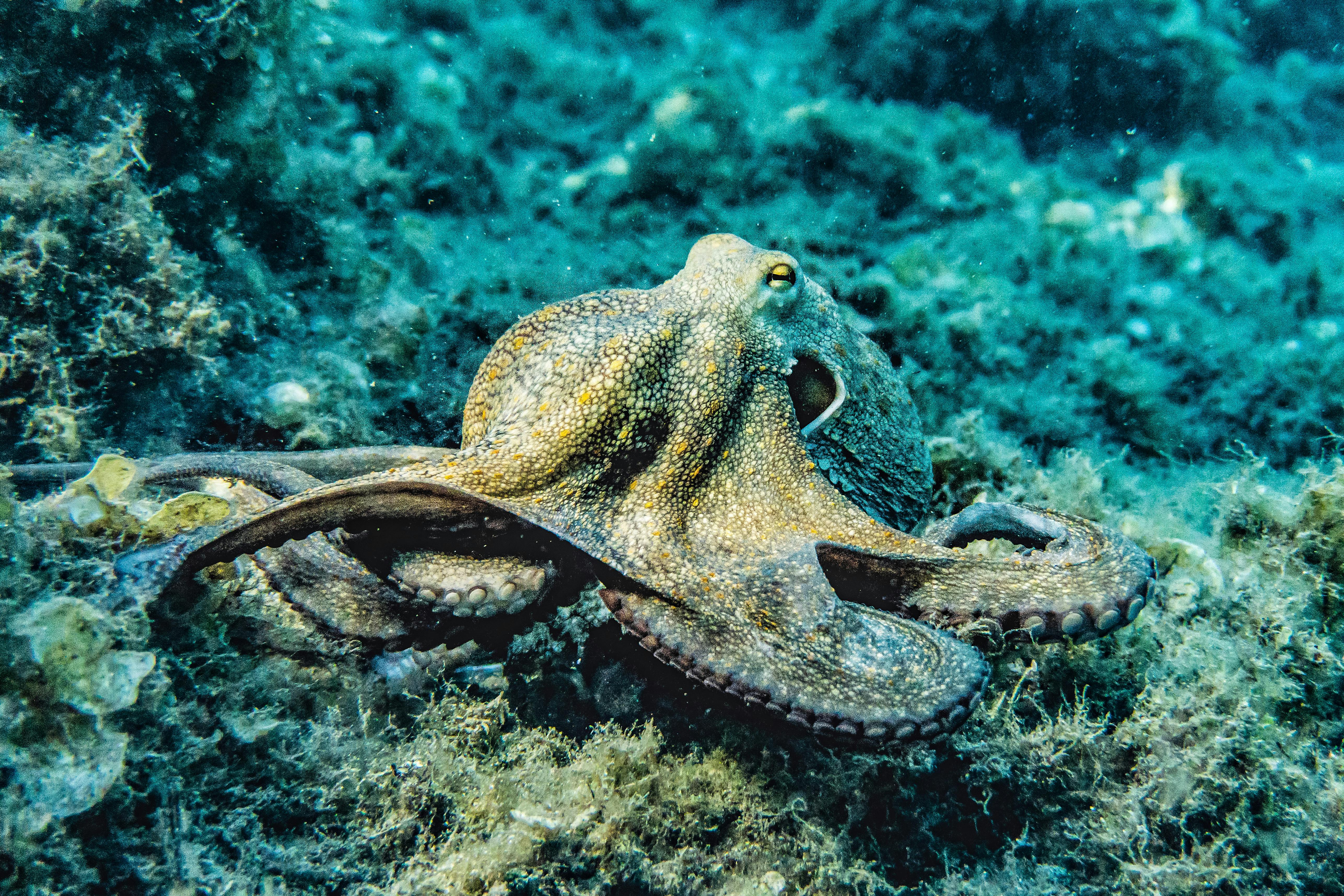The Intricacies of the Octopus: An Underwater Marvel
The octopus is a creature of wonder and amazement, possessing a range of features and abilities that make them a standout within the animal kingdom. This article will explore the fascinating world of these eight-armed creatures, delving into their unique physiology, intelligence, and ecological importance.

The Fascinating History of Octopuses
Octopuses are part of the cephalopod family, a group of animals that includes squids, cuttlefish, and nautiluses. They have been present in the Earth’s oceans for approximately 296 million years, predating even dinosaurs. Over time, these creatures have evolved into more than 300 species, each possessing its unique adaptations and characteristics. This evolution has resulted in octopuses being one of the most fascinating and complex creatures in the marine world.
The Intelligence of Octopuses
One of the most intriguing aspects of octopuses is their intelligence. They have the largest brain of any invertebrate, and their cognitive abilities are comparable to those of some mammals and birds. Octopuses can solve puzzles, navigate mazes, and even recognize individual humans. Some species have been known to use tools, demonstrating a level of problem-solving that is rare among invertebrates. This intelligence has made octopuses a popular subject of study among scientists, who are keen to understand more about their cognitive abilities and potential implications for our understanding of animal intelligence.
The Unique Physiology of Octopuses
In addition to their intelligence, octopuses have a range of physical features that set them apart. They have three hearts, blue blood, and the ability to change the color and texture of their skin for camouflage. They are also boneless, which allows them to squeeze through tiny spaces. Octopuses’ arms are lined with suckers that can taste and smell, and each arm can operate independently of the others. This unique combination of physical attributes makes octopuses incredibly adaptable and able to survive in a variety of marine environments.
The Ecological Importance of Octopuses
Octopuses play a vital role in the ocean ecosystem. As carnivores, they help control populations of crustaceans, fish, and other invertebrates. They are also a source of food for larger predators, including sharks, sea birds, and marine mammals. Furthermore, octopuses are considered an indicator species, meaning their health can provide insights into the overall health of the marine environment. Understanding and protecting octopuses are therefore important for maintaining the balance of marine ecosystems.
Octopuses in the Pet Trade: A Consideration
While some people are fascinated by the idea of keeping octopuses as pets, it’s a trend that warrants careful consideration. Octopuses require specific care and environment that can be challenging to recreate in a home aquarium. They are also known to be escape artists, which can lead to complications for the owner. Furthermore, the pet trade can put pressure on wild populations. As such, many experts advise against keeping octopuses as pets, advocating instead for their appreciation and study in their natural environments.
The octopus is indeed an underwater marvel, a testament to the wonders of evolution and the richness of marine life. As we continue to explore and understand these fascinating creatures, we may learn not only about them but also about our world and our place within it.




